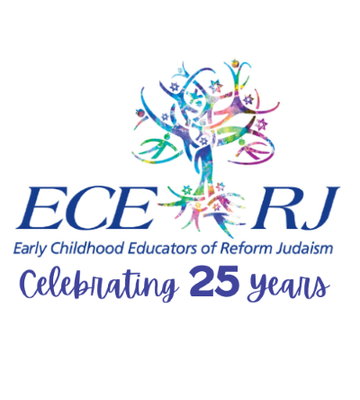
“My professional development budget has been cut.”
Everyone who plans and manages budgets needs to understand the implications of that one sentence.
Early childhood education is in the political and budgetary forefront nationwide. A federal grant focused on improving quality in early childhood centers has propelled all 50 states to implement quality rating improvement systems. Thanks to advances in brain development research, we have more information available over the past five years than ever before about how the brain is wired and how we need to approach teaching to give our youngest students a strong foundation for future learning.
Project-based learning, a method that creates critical thinking skills as children participate in investigations that help them answer their questions about the world, has become a dominant 21st-century strategy for educating young children and is considered among the highest quality approaches to teaching young children. Yet, the majority of teachers and school directors did not learn how to implement a project-based approach when they were being educated, and they did not experience it themselves as children. We didn’t know that what we were doing was not the most effective and impactful way to teach children.
How important is quality professional development for early childhood educators? It is essential to compete in today’s marketplace. Only people who know better can do better.
Faith-based centers are where it all started. Synagogues and churches opened child care centers because families needed to have safe places for their children to learn and socialize. Today, so many faith-based centers are being woefully left behind.
In order for Reform Jewish early childhood centers to survive this momentum of early education improvements, they have to meet many new demands, not the least of which is for high-quality early education. The only way to do that is to budget for early childhood educators to attend conferences, participate in live learning sessions and take advantage of opportunities such as ECE-RJ meetups. Online learning may be inexpensive, but it cannot be the only professional development that is offered. Early childhood educators need to talk with each other, share their successes and missteps and seek cohorts for professional development where they can ask questions. They need to hear about what progressive early childhood settings are implementing so they aren’t left behind.
-Cindy Terebush, Early Childhood Consultant

